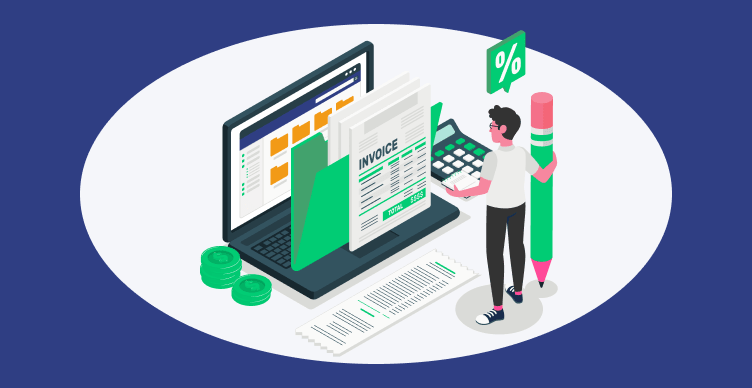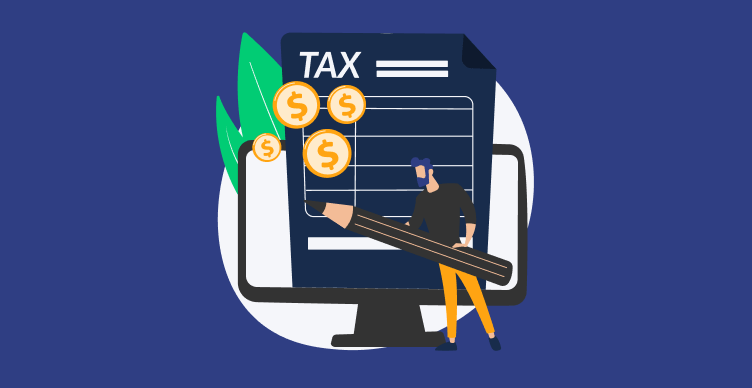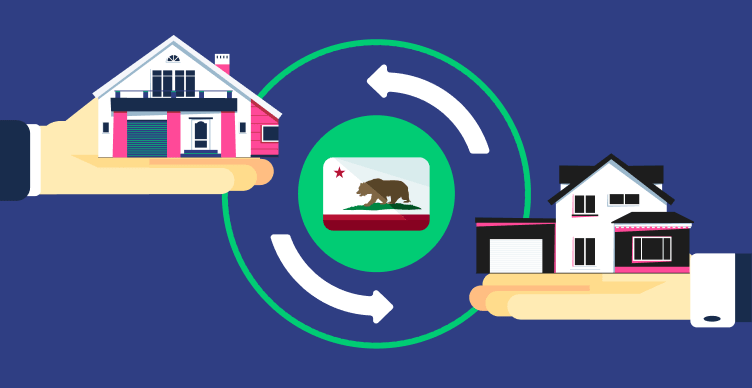Property tax is the tax paid on properties owned by people or other separate legal entities. While there are many benefits associated with owning property in the Garden State, it's crucial to understand that New Jersey homeowners face some of the highest property tax bills in the US. In fact, the rates in this state are almost double the rates in other states.
However, there's no need to let this deter you from investing in property in New Jersey. Whether you're an investor, landlord, or property manager, by understanding how property tax in New Jersey works, when the taxes are due, how to calculate the tax you're liable for, and more, you'll be able to navigate the property ownership space in New Jersey with ease.
Understanding the Property Tax Bill in New Jersey
Your tax bill increases if the value of your property increases as a result of something such as repairs or structural changes, but the value of all other properties stays the same. If your property's value has increased above the usual rate of appreciation, it constitutes a greater percentage of the municipality's worth and is consequently given a larger share of the amount charged through property tax.
All other things being equal, your property tax bill will increase if:
- It costs more to provide local government programs and services and to educate New Jersey public school students.
- If the Federal and State governments place new requirements on local institutions.
- If they restrict financing to the local government.
In isolation, your tax bill increases if your school districts and local governments can't rely on other sources of income to keep up with inflation. Furthermore, your tax bill increases if the state exempts particular kinds of property from tax or if property that was previously taxable is now used for exempt purposes from property taxes. Additionally, your tax burden increases if a significant local industrial firm moves or closes, all other things being equal.
However, very rarely do all other factors remain equal. Rather, things we want to remain constant to keep property taxes low generally increase, while the items we want to increase often remain the same. This can explain why New Jersey property taxes are some of the highest in the US.
How Many Times Do You Pay Property Tax a Year in New Jersey?
In New Jersey, you're liable for property taxes on an annual basis. However, to allow for better financial planning, the state allows you to pay your annual property tax bill in four installments. These payments are due on the first of February, May, August, and November. Meeting these deadlines is vital as it ensures you don't become liable for additional interest charges and penalties.
Consequences of Late Payments
The municipality will place a lien on the property if taxes and accumulated interest are not fully paid by the November deadline. Due to a legal action known as a lien, the municipality must be paid the outstanding balance before the property may be sold. Up until the lien is redeemed, interest is accrued on the principal amount.
A municipality is required to auction off all of its liens once a year so that investors can buy them for the full amount owed. The lien buyer continues to benefit from interest accruing on the lien. Based on the outcome of the auction, interest may start to accumulate after the sale at a lesser rate. The lien holder may start a foreclosure case in state court if the owner does not redeem the debt within two years by paying the principal and accumulated interest to the local tax collector.
The property and any amassed equity may be forfeited by the owner if the lien is not redeemed before the foreclosure sale.
How Much Is Property Tax in New Jersey?
New Jersey property tax rates vary depending on the county and city. Furthermore, counties, municipalities, and school districts determine their own property tax rates. Buildings used for specific purposes, such as libraries or parks, may also face additional taxes.
It can be beneficial for you to familiarize yourself with the effective tax rates in the various cities as the assessed values differ in each city. An effective tax rate is the percentage of your home value you pay annually. While the effective tax rate is not used to calculate individual tax bills, it provides an indication of the overall tax level in an area.
The average property tax rate in New Jersey is 2.26%. When compared to the national average of 0.99%, New Jersey has some of the highest property taxes in the US. The average property tax payment in New Jersey is $8,700.
Bergen County, Camden County, Essex County, and Passaic County have high property tax rates in New Jersey. However, Ocean County, Monmouth County, and Morris County have lower property taxes compared to the rest of the state.
How Can I Lower My Property Taxes in New Jersey?
If you feel your New Jersey property taxes are too high, a few ways you can consider to lower your liability include:
- Speak to a professional about possible exemptions.
- File for a tax appeal.
- Consider any property tax relief programs.
- Find out about any local tax abatement programs.
The Bottom Line
Since owning property in New Jersey appeals to many property investors, they often tend to overlook the higher property taxes. However, it's possible to navigate your way through this tax system to ensure you make educated investment decisions for yourself or your property management firm.
By staying up to date with relevant laws, regulations, and propositions, managing your property taxes in the Garden State does not have to be overwhelming.












































































































.svg)





















